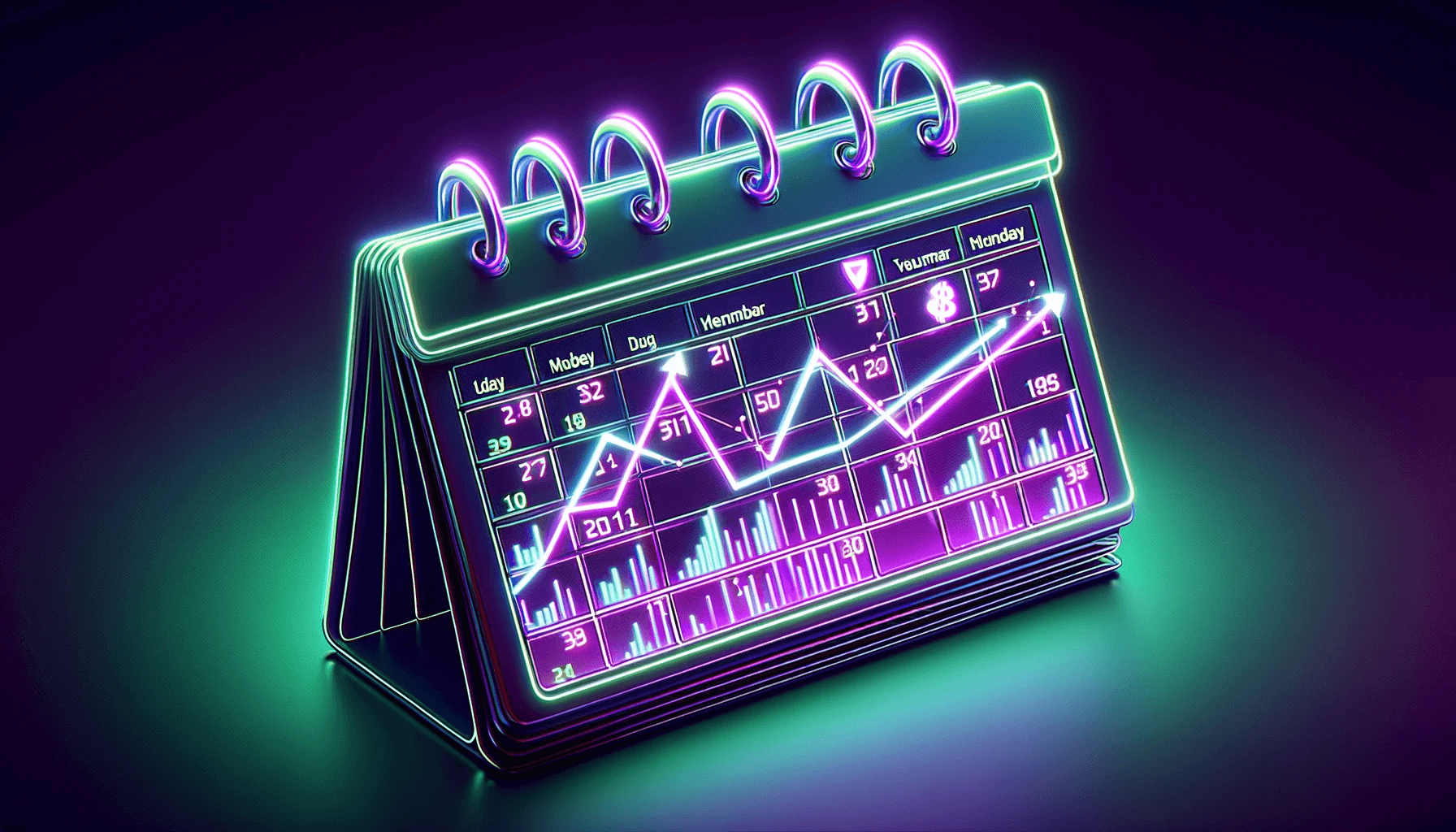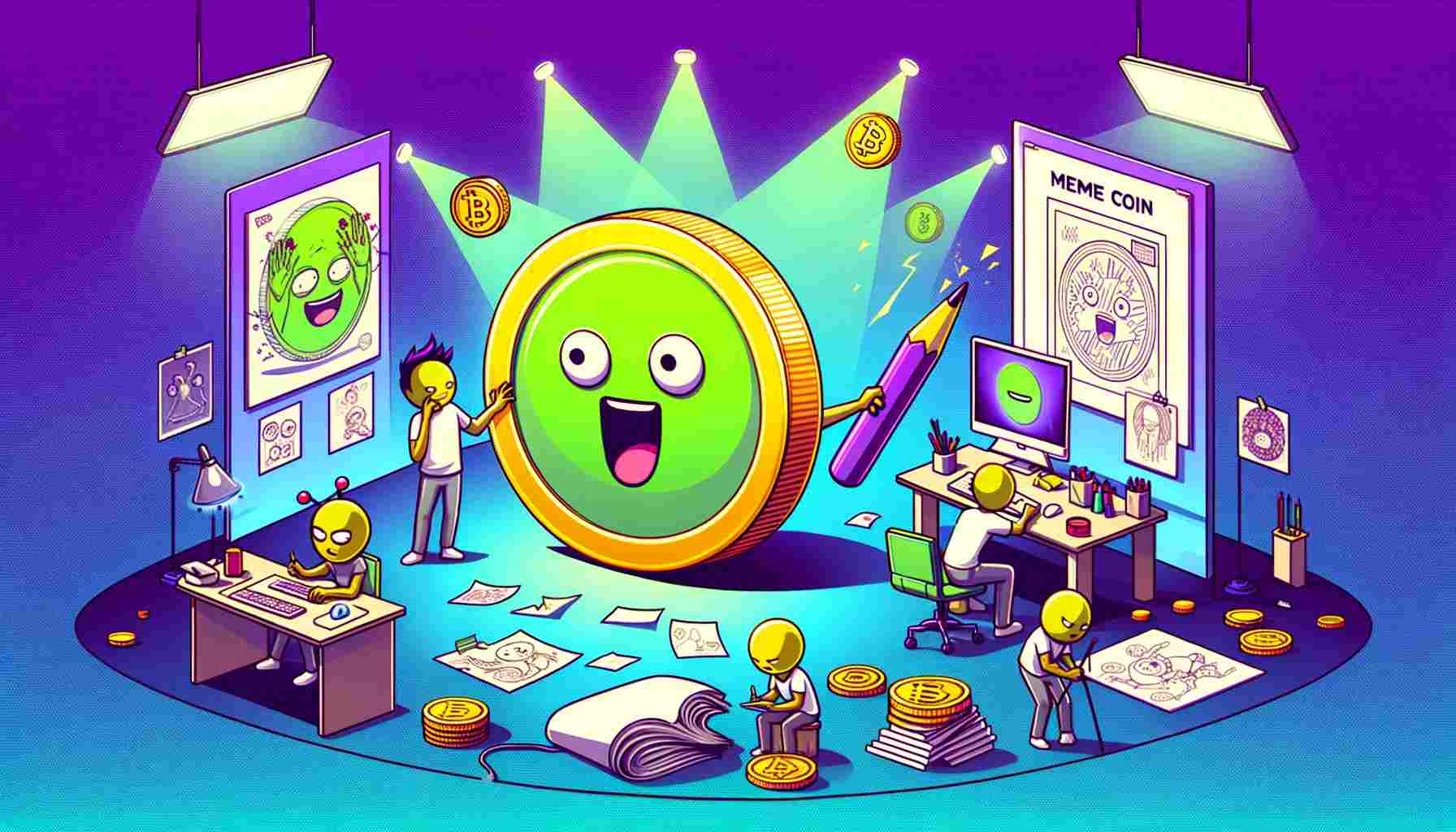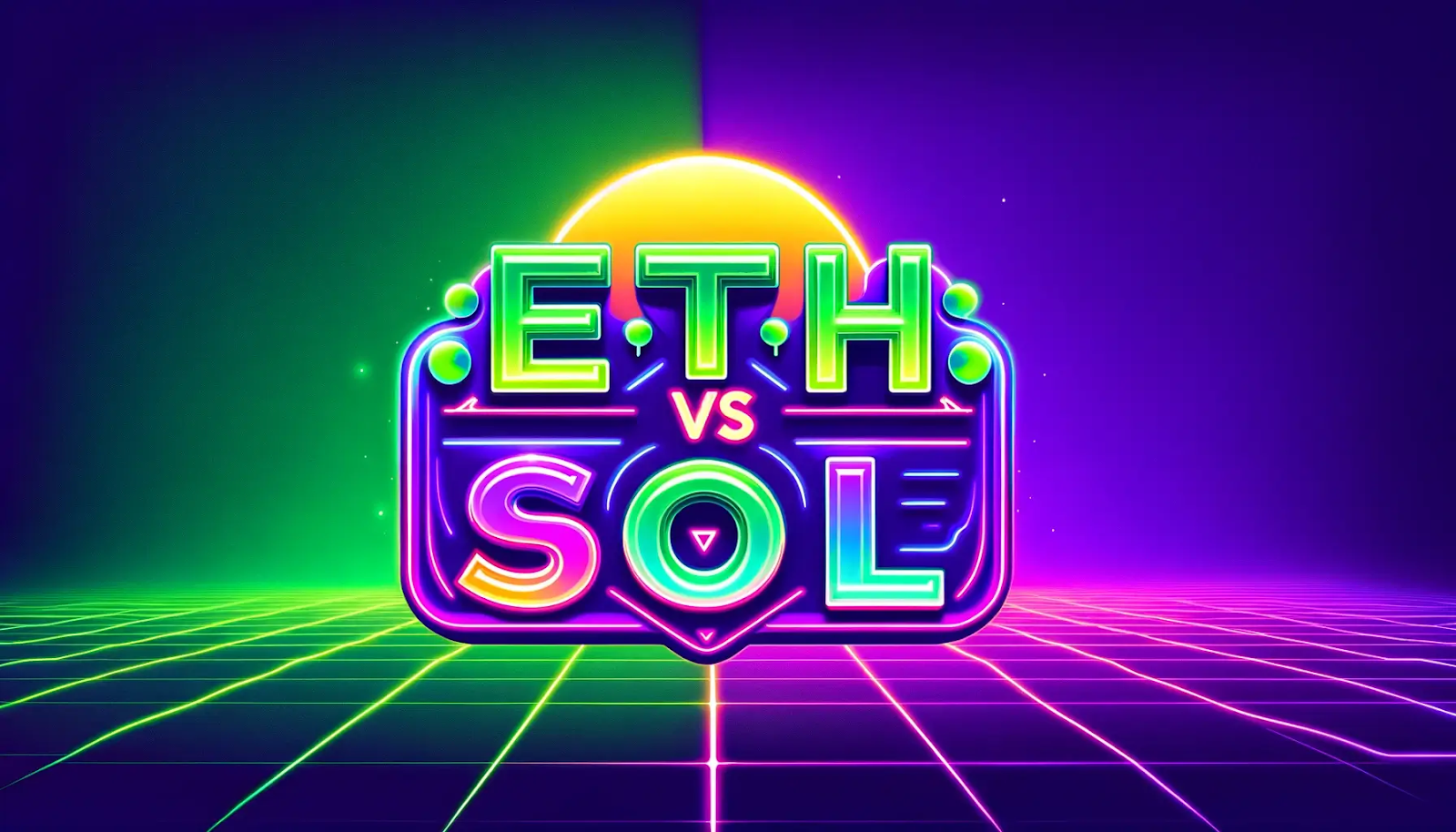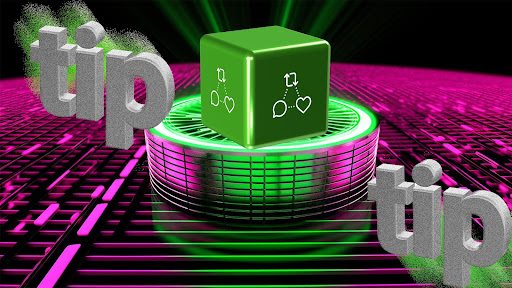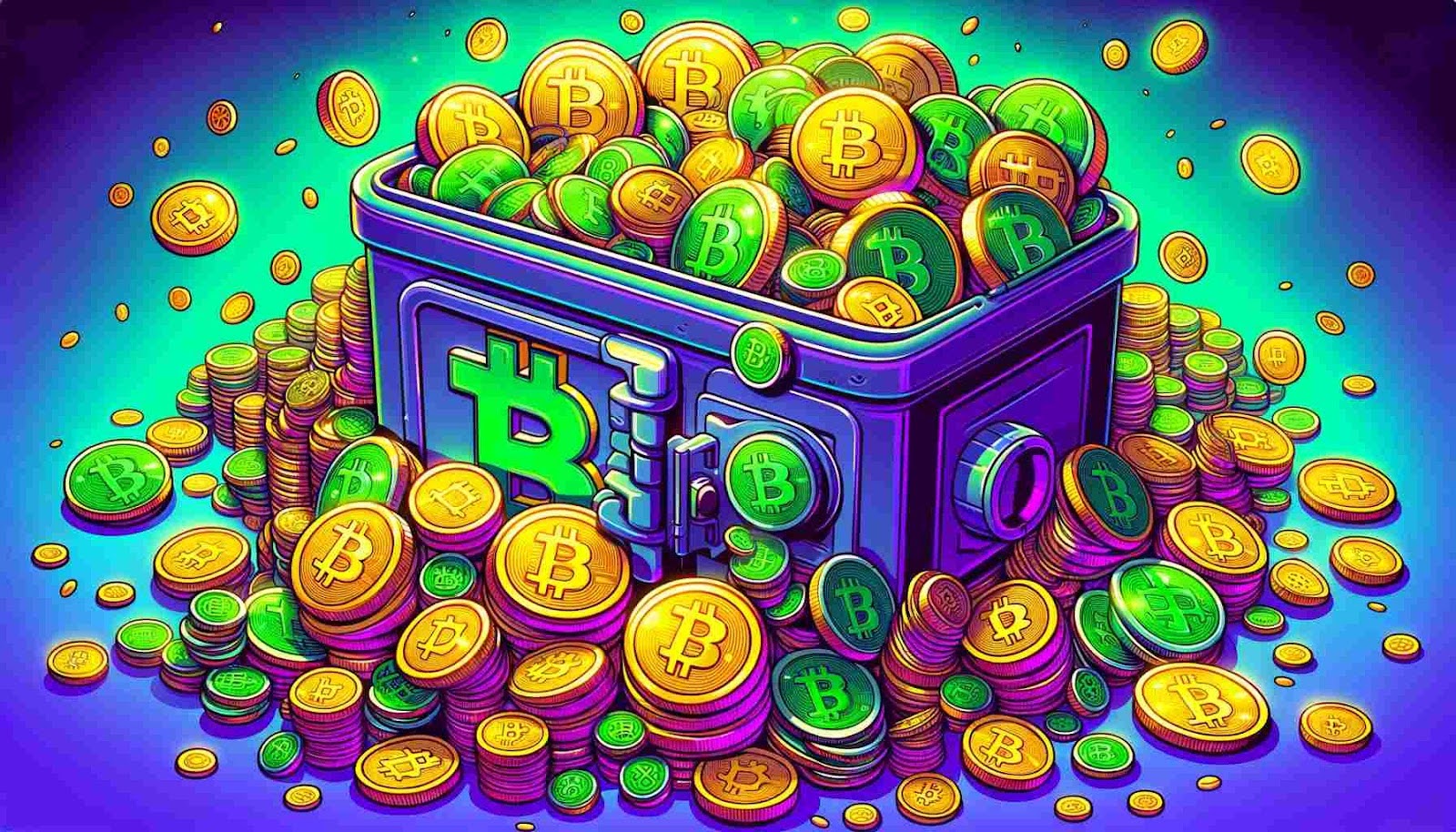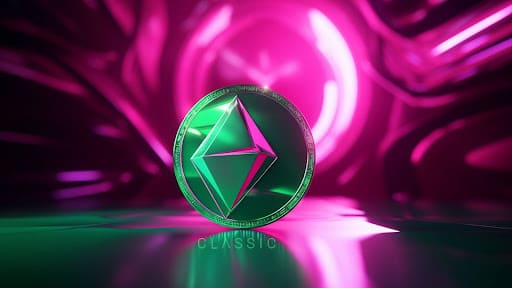
Many people know about Ethereum: the second-largest crypto. But fewer people know about Ethereum Classic, a cryptocurrency that sounds similar to Ethereum. That’s why, in this article, we are going to go into detail about what this token is, how it works, and if Ethereum Classic should be in your portfolio.
What is Ethereum Classic (ETC): Definition
Ethereum Classic is a decentralized, smart contract blockchain that enables developers to build and run decentralized applications (dApps). It is an open-source protocol that welcomes inputs from developers and users alike and primarily encourages developers to deploy their smart contracts (self-executing programs that carry out commands based on certain criteria).
Apart from being open source, Ethereum Classic is also permissionless. This means you do not have to ask the DAO in charge of it for consent to use the network. Speaking of DAO, did you know an autonomous organization called ‘The DAO’ somehow established the Ethereum Classic? Take a look at its interesting history.
History of Ethereum Classic (ETC): How did it split from Ethereum (ETH)?
Contrary to popular opinion, Ethereum Classic (ETC) did not separate from Ethereum for financial reasons. The split was motivated by differing values rather than money, so it is safe to say that Ethereum Classic is not a rip-off of Ethereum (ETH). In 2014, Vitalik Buterin and his co-founders began developing a blockchain network that we now know as Ethereum to overcome the challenges of using Bitcoin.
Two years later, a startup that decided to launch “The DAO” on Ethereum raised millions of dollars and lost a third of its money due to hackers exploiting a hole in their smart contract. These founders decided to create a hard fork of the project to stop future occurrences, dividing the community.
This new hard fork has new rules and did not go well with some members. Most members decided to stick to the original Ethereum network and carry this legacy, hence the name “Ethereum Classic.”
Is Ethereum Classic (ETC) the same as Ethereum (ETH)?
If we are saying Ethereum Classic birthed the popular Ethereum everyone knows, then are both networks the same? No. Ethereum Classic and Ethereum are not the same. Here are some distinct differences between both sibling networks.
1. Adoption:
Ethereum (ETH) has obviously more adoption and popularity than Ethereum Classic (ETC), as it has been the go-to coin for decentralized finance (DeFi) and non-fungible token (NFT) projects. Many projects would rather build on Ethereum than Ethereum Classic because the former has proven to support growth and innovation seamlessly.
2. Innovation:
Because Ethereum Classic is the original Ethereum blockchain network and not the hard fork, it is restricted from a lot of things the main Ethereum network has been able to advance on. Think of this as ETC being an outdated version of an app. It would have limited functionality compared to the new versions, right? This restriction hinders the growth of Ethereum Classic, and it has not made any significant development since 2016.
3. Security:
Ethereum Classic is more vulnerable to attacks, making it less secure than the main Ethereum. Since its split, Ethereum Classic has experienced numerous security hacks and even a 51% attack. A 51% attack occurs when a single entity or group controls most of the network's mining power (at least 51%), potentially allowing them to control transactions and double-spend coins.
4. Ticker:
While both tokens are called ‘Ether,’ their tickers are different to avoid confusion on exchanges and wallets. Ethereum Classic is denoted by the ticker ETC, while ETH denotes the more popular Ethereum.
Where to buy Ethereum Classic (ETC)
Ethereum Classic can be purchased from a variety of exchanges or bought directly using crypto wallets. To buy Ethereum Classic, you would need some cryptocurrency or fiat and an account with a cryptocurrency exchange. If you are using an exchange, look for an ETC pair like ETC/BTC or ETC/USDT to buy your ETC. You might have to buy the base currency first, then use the pair to get your ETC.
Always do your due diligence before patronizing any platform. Some crypto platforms are not secure and might result in the loss of your funds. A good way to check if a platform is secure is to read reviews about it and examine if negative reviews are significantly more than positive reviews.
Is Ethereum Classic a Good Investment?
If you are looking to invest in Ethereum Classic now, it is best to do so in small amounts. From the look of things, ETC does not show much growth potential and has been stagnant over the years. While the price naturally went up during the bull market, it does not have strong fundamentals. Most experienced investors would rather buy ETH than ETC.
However, ETC is not a totally bad investment. It can be held for a short while in spot or traded in futures because it shows decent volatility occasionally. Always do your own research (DYOR) on any token on our website, as this article is not financial advice. It only serves as an educational guide to what ETC is.
Wrapping Up:
Ethereum Classic can be called the 'Original Ethereum' even if it's not as popular or innovative as its newer network, Ethereum. However, it is still a blockchain network that supports the creation and deployment of smart contracts, so developers can utilize its functionality to develop their dApps.
Apart from obvious differences in their tickers, Ethereum Classic is less secure and a bit primitive compared to Ethereum. By deciding to stick with the old order of 'Code is Law,' the network has limited itself from growing to its full potential. We see it more as a short term investment rather than a longer one.
Want more top-tier cryptocurrency content?
Follow Us: X TikTok Instagram Telegram LinkedIn
Sign up to our newsletter at the bottom of the page
Check Out Our Top 10 Crypto Currencies of 2023
This article is intended for educational purposes and is not financial advice.




